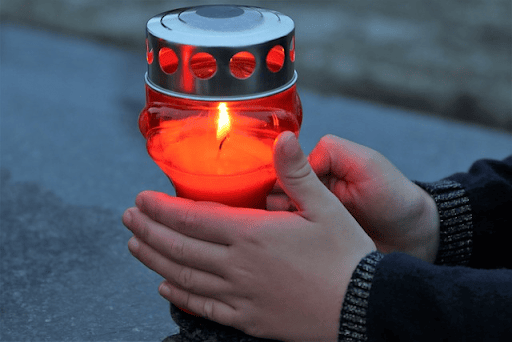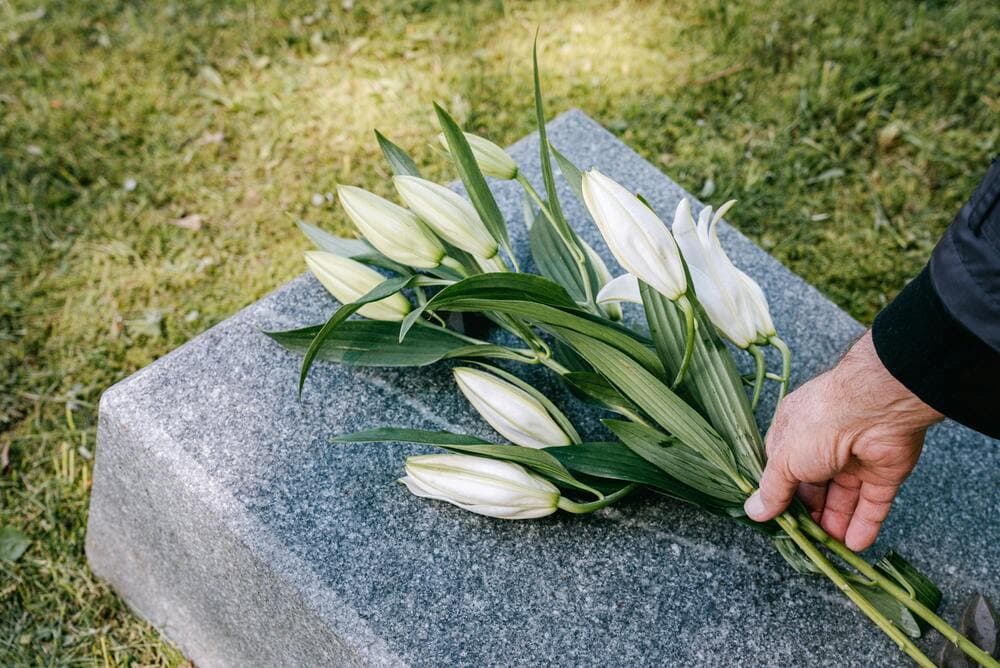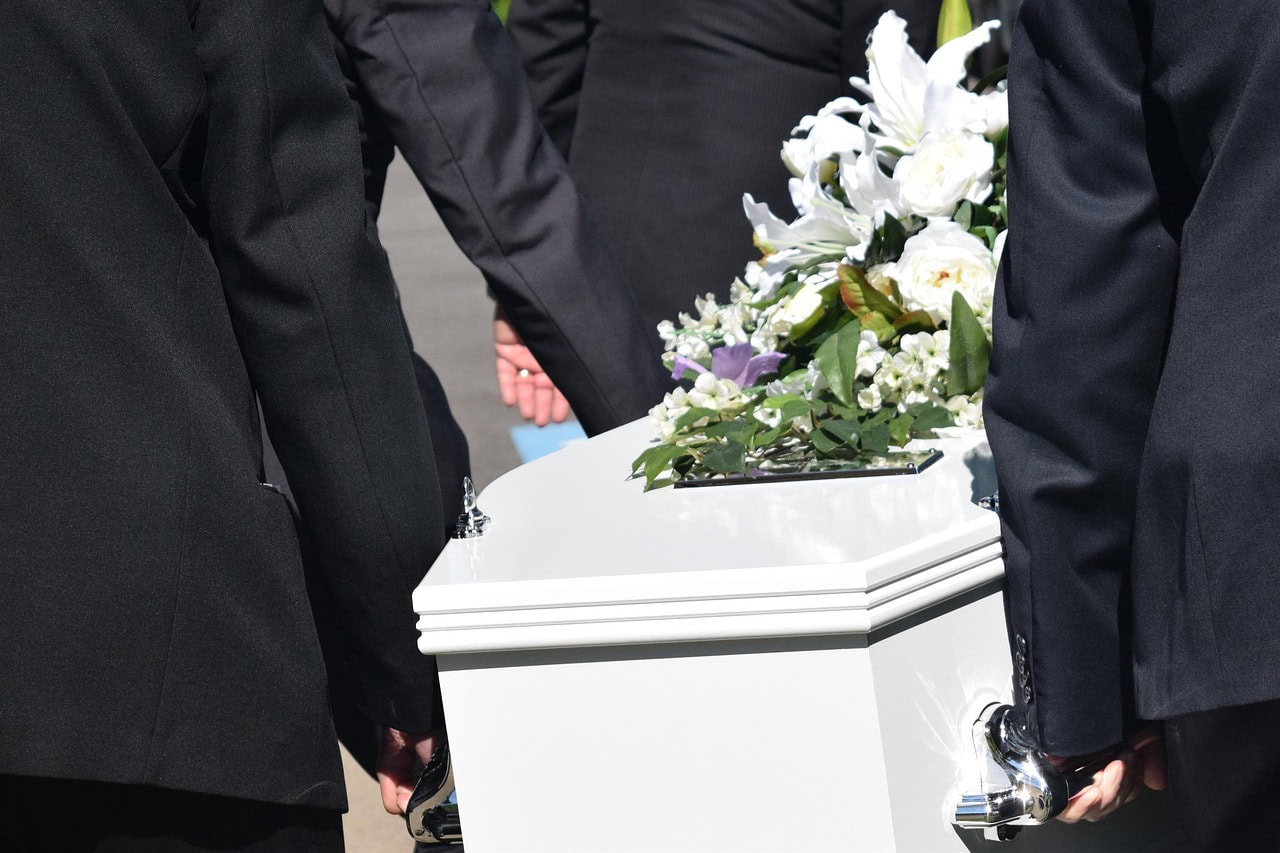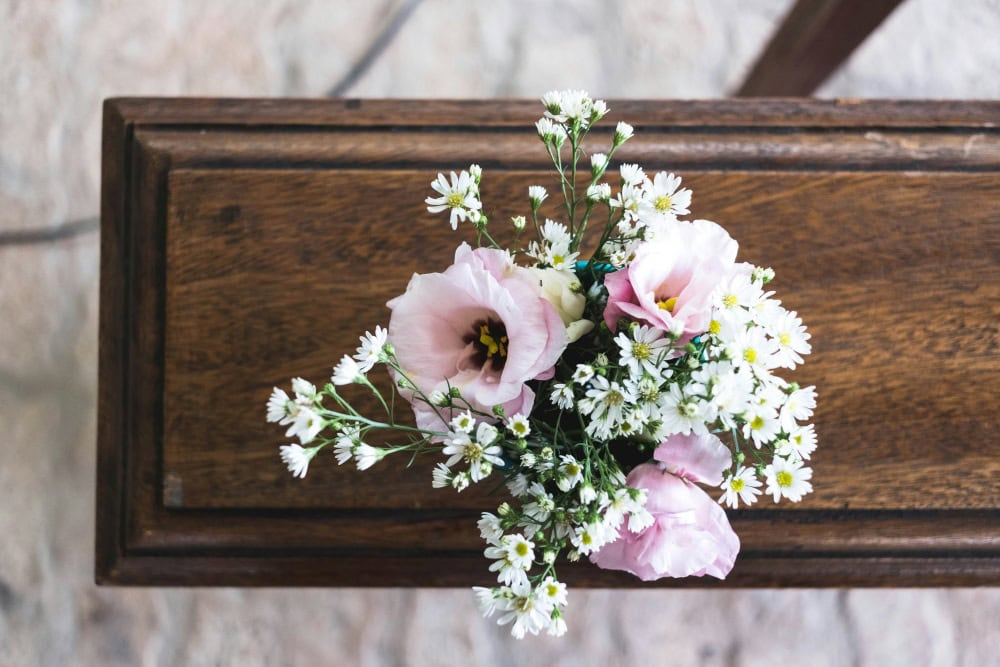
The passing of a loved one is a universally profound experience, but navigating the intricacies of their specific cultural or religious traditions can add another layer of complexity. When that loved one practices Taoism, an ancient philosophical and religious tradition emphasizing harmony with nature and balance, understanding their funeral customs becomes crucial for non-Taoist family members and friends. By fostering respect and honoring their beliefs, you can participate meaningfully in their final farewell.
Awareness Stage: Unveiling the Core Principles of Taoist Funerals
Taoism views death as a natural transition within the grand cycle of life, emphasizing the importance of honoring the ancestral spirit and maintaining balance between yin and yang (darkness and light, passivity and activity). These core principles form the foundation of Taoist funeral practices:
-
Honoring the Ancestral Spirit:
Taoists believe that deceased ancestors maintain a connection with the living, offering guidance and protection. Funeral rituals aim to ensure a smooth transition for the spirit into the afterlife and establish a respectful relationship with the ancestors. Offerings of food, incense, and paper money are often presented to acknowledge their continued presence and seek their blessings.
-
Balancing Yin and Yang:
Maintaining harmony between yin and yang is paramount in Taoist practices. Funerals often incorporate elements that symbolize this balance, such as offering contrasting colors like white and black during ceremonies or using specific rituals to restore harmony between the yin energy of the deceased and the yang energy of the living.
-
Rituals for the Soul’s Journey:
Taoist ceremonies often involve chanting, prayers, and offerings aimed at guiding the deceased’s spirit on its journey to the afterlife. These rituals may be led by Taoist priests who possess specialized knowledge and understanding of spiritual practices. Alternatively, family members may conduct simplified versions of these rituals, depending on their comfort level and the specific traditions within their lineage.
Evaluation Stage: Exploring Variations in Taoist Funeral Practices
While these core principles provide a framework, Taoist Funeral customs exhibit variations depending on regional influences and specific lineages within the tradition:
-
Traditional Taoist Funerals:
These typically involve a three-day ceremony filled with intricate rituals and symbolism. Family members gather to chant prayers, offer food and incense, and participate in rituals led by Taoist priests. The focus lies on helping the deceased’s spirit detach from the earthly realm and achieve balance, ensuring a peaceful transition into the afterlife.
-
Buddhist-Taoist Funeral Services:
Combining elements from both traditions, these ceremonies may incorporate Buddhist sutras alongside Taoist rituals, reflecting the blending of these faiths in certain regions. This fusion approach acknowledges the shared values of compassion and spiritual liberation while honoring the specific practices of each tradition.
-
Modern Adaptations:
As with many traditions, modern Taoist families may adapt some practices to suit their circumstances. While core principles remain, the ceremony’s length, specific rituals, and level of formality may vary. Open communication with the family is crucial to understand their preferences and ensure the ceremony aligns with their wishes while respecting traditional elements.
Conversion Stage: Participating Respectfully as a Non-Taoist
Even if you don’t personally practice Taoism, there are ways to participate respectfully in your loved one’s funeral:
-
Dress Code:
While specific requirements may vary, opting for modest and conservative attire in neutral colors like black, white, or gray is generally considered appropriate. Avoid overly flashy or revealing clothing that might distract from the solemnity of the occasion.
-
Offerings and Donations:
If the family accepts offerings, a contribution of flowers, fruits, or a donation to a charity they support can be a thoughtful gesture. Consider the symbolic meaning of your offering, as certain colors or items may hold specific significance within Taoist traditions.
-
Respectful Conduct:
During the ceremony, maintain a quiet and respectful demeanor. Refrain from using mobile phones or engaging in disruptive conversations. Pay close attention to the rituals being performed and avoid asking questions that might seem intrusive or disrespectful during the ceremony itself.
-
Seek Guidance:
If unsure about any aspect of the ceremony, politely ask a trusted family member or the officiating Taoist priest for clarification beforehand. Open communication demonstrates your respect for their traditions and allows them to address any concerns you may have.
Considering a Taoist Funeral Package:
Planning a funeral, especially one steeped in specific cultural or religious traditions, can be overwhelming. Consider exploring Taoist Funeral Packages offered by reputable funeral homes. These packages often provide:
-
Consultation with experienced professionals:
Funeral home staff familiar with Taoist customs can guide you through the planning process, answer your questions, and ensure the ceremony adheres to traditional practices while respecting the family’s wishes.
-
Coordination of religious ceremonies:
They can help arrange for the presence of Taoist priests to lead prayers and rituals, ensuring the ceremony reflects the deceased’s beliefs and cultural heritage. This ensures that the rituals are performed correctly and Assistance with cultural sensitivities: Funeral home staff can offer insights and support in navigating cultural nuances and ensuring your participation aligns with respectful etiquette. They can help you understand the significance of specific rituals, offerings, and customs, allowing you to participate meaningfully without causing any unintentional offense.
Conclusion:
By understanding and respecting Taoist Funeral practices, you can offer invaluable support to your loved ones during this difficult time. Remember, these traditions are not merely rituals; they are expressions of deep-held beliefs and a way to honor the deceased’s spiritual journey. By approaching them with an open mind, compassionate heart, and a willingness to learn, you can participate meaningfully in their final farewell and demonstrate your respect for their cultural heritage.
While navigating unfamiliar traditions can feel daunting, remember that open communication with the family and seeking guidance from experienced professionals can significantly ease the process. By fostering understanding and respecting their wishes, you can ensure a ceremony that honors your loved one’s memory and provides comfort to those they leave behind.
Additionally, consider exploring Taoist Funeral Packages offered by Funeral Services Singapore. These packages can provide comprehensive support, easing the burden of planning during a sensitive time and ensuring the ceremony reflects the deceased’s beliefs and traditions with respect and dignity.


